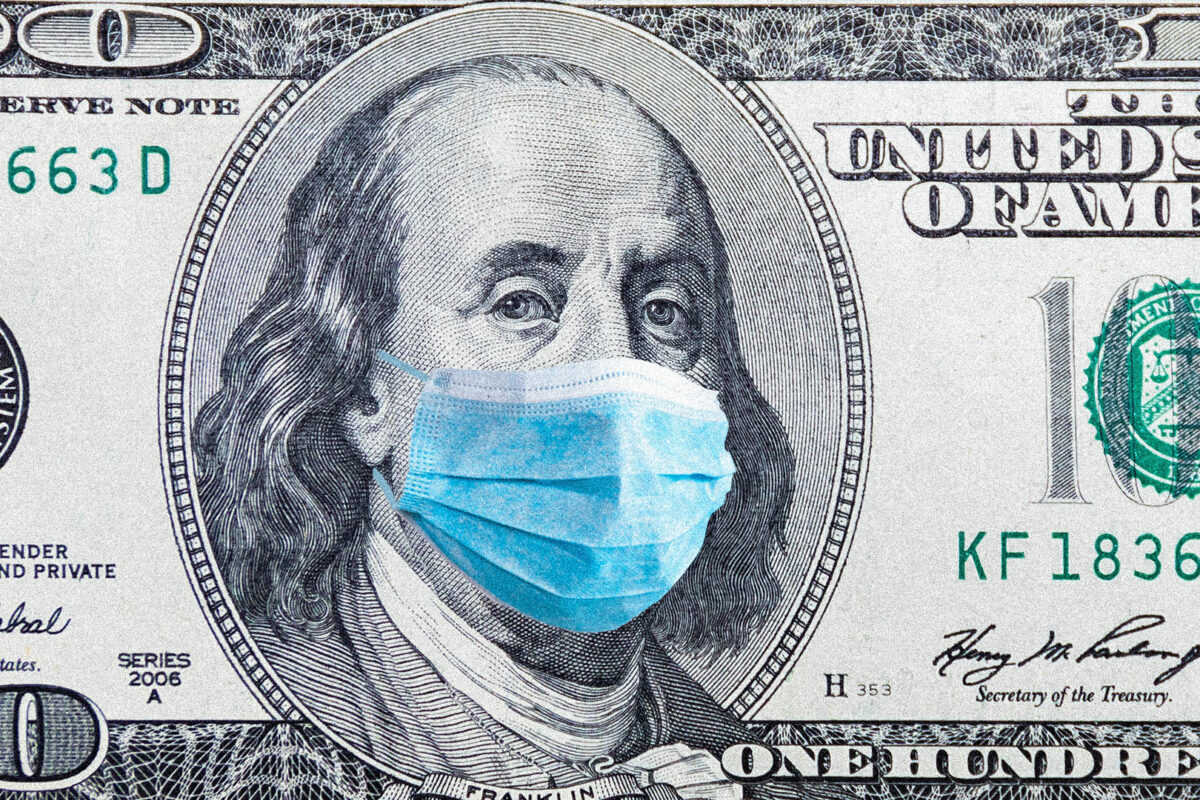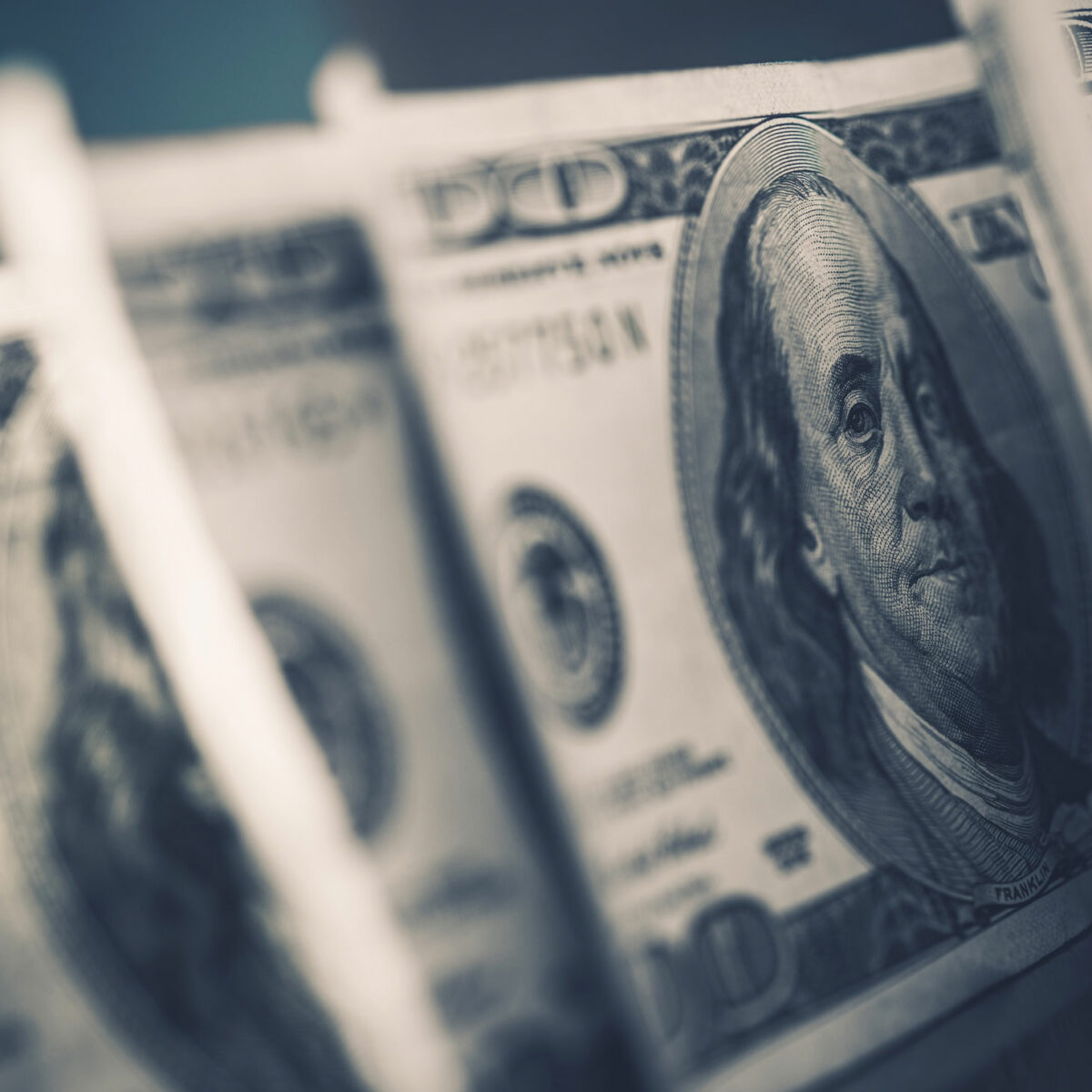Business leaders are asking one question right now: How can my business survive the economic upheaval generated by the COVID-19 crisis? The way to do that is to help the economy keep moving. And the way to do that is to keep providing value that customers are willing to pay for.
To be frank, not all businesses can or will survive. That’s the hard truth of it. But many, many others will if they respond with the right strategy now.
One seemingly popular solution has emerged, especially among entrepreneurs. That is to give away all you can for free. After all, the world is in a panic, the economy is rollercoastering, and the future feels uncertain. Anything we can do to lighten the load of our friends and neighbors feels like a good idea. Plus, it may create the goodwill that will cause customers to remember you when things improve.
But here’s the fault in that thinking. The economy depends on people creating value and other people recognizing that value and willingly paying for it.
The Negative Spiral
During a time of economic crisis, many people will have a diminished ability or confidence to pay for goods and services. As a result, there’s less spending. That creates a negative feedback loop which further dings people’s ability and confidence to spend.
Let’s say Instacart or Shipt decides to wave their membership fee, eliminate their markup, and stop accepting tips for their shoppers. After all, they know it’s tough to get groceries right now (even dangerous!) and they want to help the public by making it easier.
But by not charging for the value they’re providing, it would only be a matter of time before they were unable to continue providing that value. The fee facilitates the service—no fee and they can’t fund the service. That’s especially bad since they are one of the most viable business models during this crisis, providing opportunity for thousands of workers to make ends meet.
Or take Amazon. What if Amazon gave everyone a free Prime membership and sold their grocery and household goods at cost? That would be a big help, right? Actually, no. Amazon will be a major contributor to the recovery in America and abroad. If their profits suddenly tanked, so would their ability to contribute to the recovery.
Donating products or services is a laudable act of charity. But it’s not a sustainable business model. And that’s what we need to make recovery happen.
The Way Forward
Real recovery will not come from mass discounting or making everything free. Nor does not depend on the federal government, though we’ll need their help in the short term. Real recovery depends on the surviving business leaders finding a way to create value that people desire enough to pay for—same as always.
That will reinvigorate our economy and create new opportunities for the people who are watching their businesses or jobs evaporate now, not to mention protect the jobs of the people already working for these businesses. After all, we’re depending on the people still making a paycheck to buy the goods and services that keep the economy moving.
Altruistic Entrepreneurship
Here’s the point: It’s a moral imperative to create something of value that people want and need. Now is the time to pivot, innovate, and leverage every ounce of your creativity to survive and thrive as a company. That’s good for your business, your customers, your employees, your community, and the economy at large.
Of course, I’m not talking about being exploitive, unethical, or opportunistic. There are no long-term gains there in any type of economic climate. Instead, what we need now are legions of courageous entrepreneurs, business owners, and leaders with a fierce commitment to integrity, stepping into the unknown; creating real, relevant value; and asking others to pay what it’s worth.
If customers agree and have the means, they will. And that exchange is what economies are built on. It’s how they function in good times. And it’s how they recover in bad times. That’s the best way to provide lasting hope, recovery, and opportunity for everyone.
Disclosure of Material Connection: Some of the links in the post above are “affiliate links.” This means if you click on the link and purchase the item, we will receive an affiliate commission. Regardless, we only recommend products or services we use and believe will add value to our readers. We are disclosing this in accordance with the Federal Trade Commission’s 16 CFR, Part 255: “Guides Concerning the Use of Endorsements and Testimonials in Advertising.









